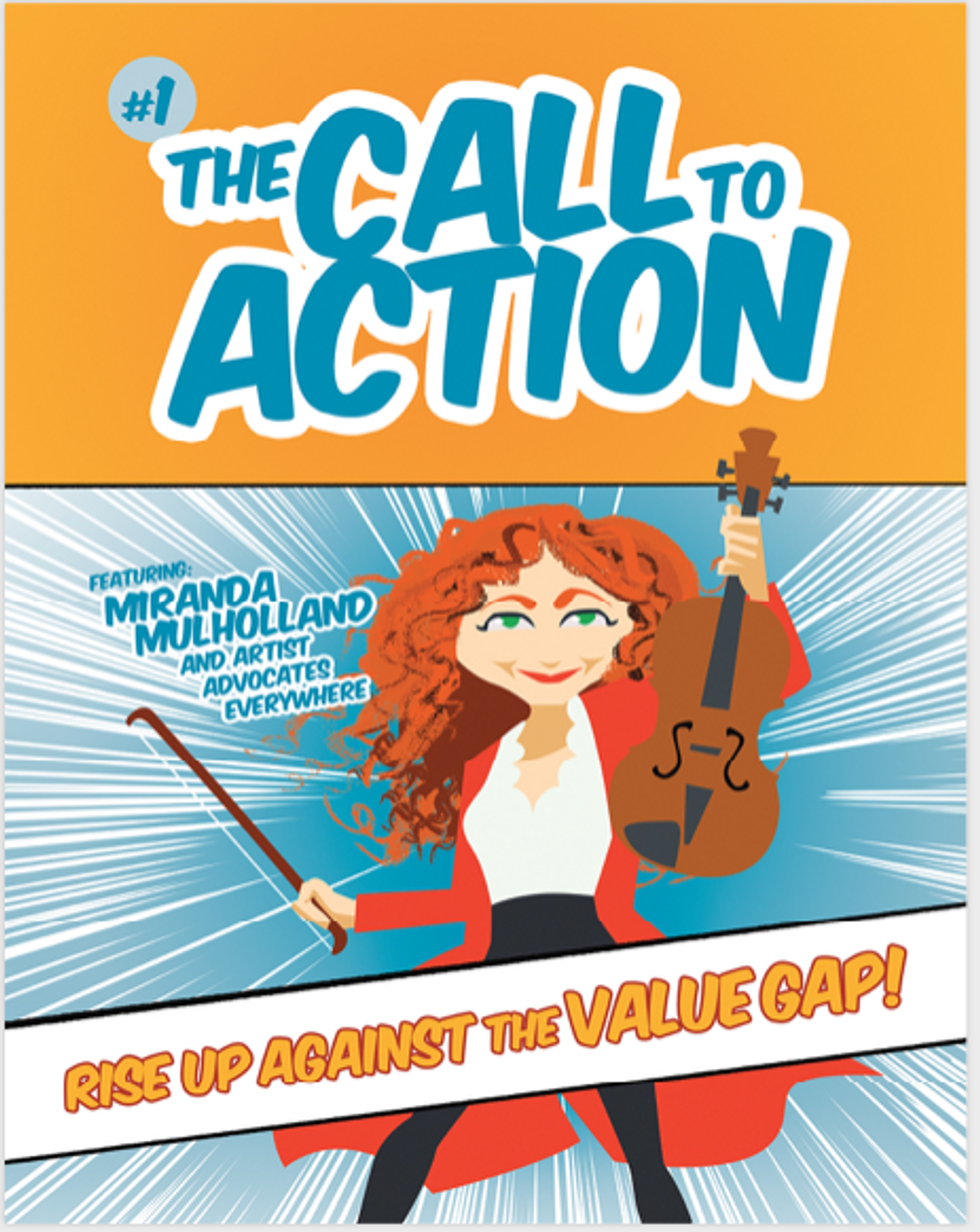Music Canada Value Gap Report: Eliminate Safe Harbours
In its latest report, Music Canada calls for the elimination of safe harbours that deny remuneration to - and protection of the works of - creators and proper rights holders.

By Nick Krewen
Eliminate safe harbours, make ISP providers accountable, and establish an annual $40m fund to replace private copying on blank media are just three of the recommendations made in the latest report by Music Canada to help eliminate the yearly $1.6B-and-growing Value Gap between exploiters and creators.
But the report, Closing The Value Gap: How to Fix Safe Harbours and Save the Creative Middle Class, also offers a note of optimism as a result of Parliamentary hearings with the standing committees on Canadian Heritage and Industry. It seems - at least when it comes to the Heritage Committee - Ottawa is finally getting the message: music creators are not adequately compensated for their work in the current digital age, due to the exemptions afforded telecommunications giants, online platforms and radio broadcasters.
The report, a follow up to 2017'sThe Value Gap: Its Origins, Impacts and a Made- in-Canada Approach, lists quotes from MP members of the Heritage and Industry Committees acknowledging the weak position of creators in today's digital environment and agreeing that something has to be done about it.
"We've gone through the wonder of the web," Liberal MP Randy Boissonault and Heritage Committee member is quoted in the report. "Now we're in an era called the 'tyranny of the technology,' and it's putting a lot of our artists at risk...My concern is that artists and their work are becoming a utility and that the technological aggregators are literally becoming, or positioning to be, the robber barons of the 21st Century."
In a separate quote, Conservative MP Mike Lake of the Industry Committee expressed similar concerns.
"As Members of Parliament we don't often agree on things," he states. "We do agree that we all want to see fantastic content created. We all want to enjoy that content. We want to see our creators properly compensated for the content they create."
The report also acknowledges individual musician testimony by such artists as singer Damhnait Doyle and former MP Andrew Cash as game changers in terms of Ottawa taking notice of the creators' plight.
With a broken copyright framework generally regarded as the culprit and an impending federal election once again delaying the timeframe for the introduction of proper legislation to potentially remedy these imbalances, Music Canada has compiled five solution-based recommendations that should be considered and implemented once Parliament reconvenes post-election in late October/early November.
Defining "safe harbours" as provisions in Canada's Copyright Act designed to shield digital networks from liability for the actions of their users, Music Canada suggests the following:
Limit and Clarify Safe Harbours: Music Canada recommends that safe harbours be limited to "genuinely technical, automated and passive" intermediaries that have no knowledge of infringement and are "unaware of any circumstances to put them on notice of infringement;" be inapplicable to online user-upload services that optimize and profit from user-uploaded content and be limited to intermediaries that comply with all requirements to address repeat infringers.
Service providers, including search engines, should not be shielded where knowledge of infringement exists and must take reasonable steps to prevent infringement when it does and keep it off the provider. The Copyright Act should confirm that non-passive interactive intermediaries should make these declarations public so there is a clear basis for liability.
advertisement2. Address the Role of User-Upload Services in creating the Value Gap: The Copyright Act should ensure that user-upload platforms negotiate fair and appropriate licensing agreements and compensation with rights holders and ensure that unauthorized protective works aren't available on their services.
3. Eliminate The $1.25M Radio Royalty Exemption: This measure would eliminate the estimated $8M annual subsidy currently enjoyed by major telecommunications conglomerates from record labels and artists; money that would then support the creators and the infrastructure in the creation of new music. Now, radio must accrue $1.25M in advertising revenue before they're obligated to begin compensating performers and record companies with royalties from broadcasting sound recordings..
advertisement4. Amend the definition of "Sound Recording" in the Copyright Act, which would provide an annual estimated $45M to creators to invest in new music creation, since performers and labels would no longer subsidize broadcasters.
5. Create a Temporary "Private Copying" Fund: The annual government-funded $40M to artists and their recording industry partners would restore fair compensation to rights holders for the private copying of their works. The fund, which would be distributed to the applicable rights holders by the copyright collective, would replace the amendment that allowed Canadians to copy sound recordings for their private use on blank audio media, an activity that has since dwindled due to technological advances that have usurped the value of the remuneration to music creators. In 2004, music creators earned $38M from more than 1B copies of tracks to blank CDs. In 2018, that number plummeted to $3M from more than 2B copies.
Research provided by Dr. George Barker, Visiting Fellow, London School of Economics and Honorary Associate Professor at Australian National University, estimates that the average annual Value Gap increase between 1997-2007 was $82m, and will continue to widen until a solution is found.
The report also states that in 2018 Canadians streamed 42.5% more music than the year before, driven by a 46.7% growth in on-demand audio streaming via such services as Spotify Premium, Apple Music and Tidal - and a 39.4% increase in on-demand video streaming, via such services as YouTube, Apple Music Video and Tidal Video, according to Nielsen Music.
advertisementYou can upload the report here.


















